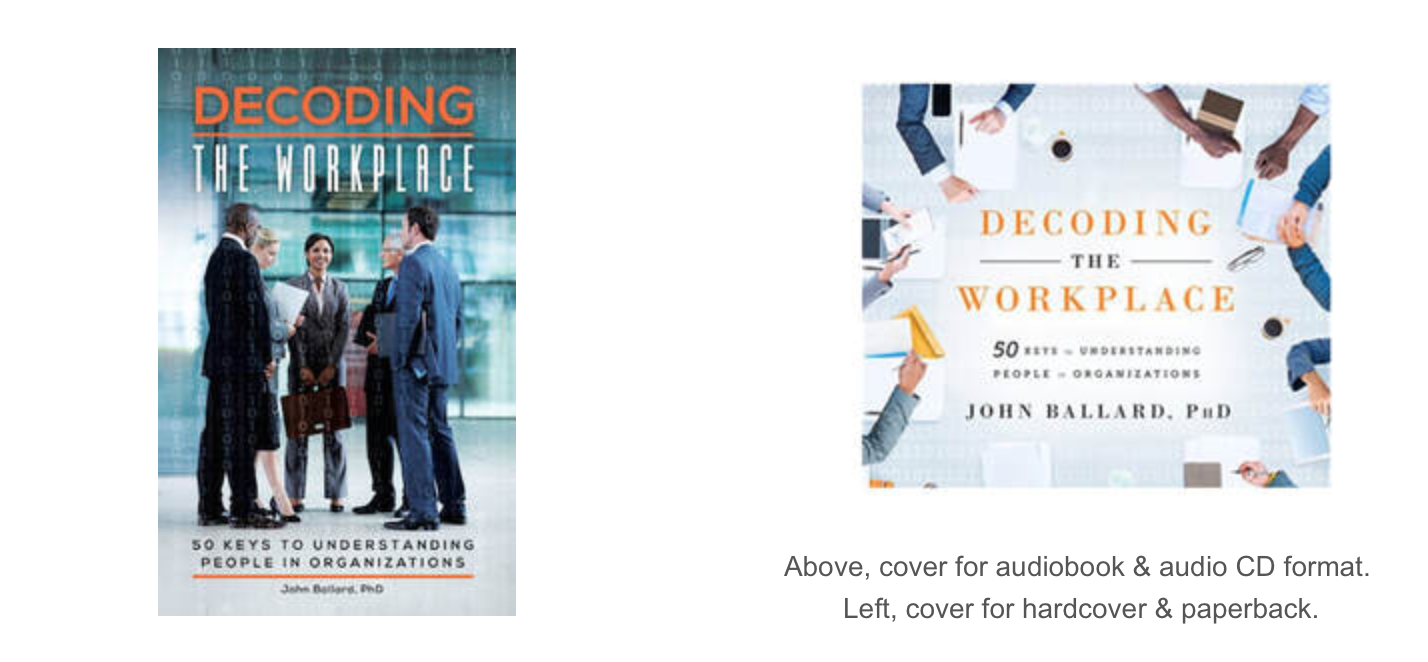
In the February 2016 issue of the Association for Psychological Science’s Observer, Alexandra Michel discussed burnout research and the effect of burnout on the brain. Here are highlights from Michel’s article:
- Burnout characteristics: “extreme fatigue, loss of passion, and intensifying cynicism and negativity” (p. 28)
- 2013 survey of human resource managers in the United Kingdom – 30% reported burnout widespread in their organizations
- All demanding jobs with long hours do not lead to burnout
- Burnt-out employees may have “crisis in feelings of professional competence”
- “Ultimately, burnout results when the balance of deadlines, demands, working hours, and other stressors outstrips rewards, recognition, and relaxation” (p. 28)
- Major contributors: work overload, lack of autonomy (too much control over work by others), few healthy relationships in the workplace, perceived unfairness (lack of trust, openness), incompatibility between individual values and company values.
- Burnout accelerates the normal thinning of the frontal cortex (cognitive functioning).
- Burnout negatively impacts “creativity, problem solving, and working memory” (p.29)
My take-aways:
1. Burnout is an issue for leaders. They should be aware of their own potential for burnout, but more important, they should understand their role in mitigating burnout among those they lead. There are clearly individual differences toward burnout but it is also clear that organizational culture and climate are major players. The leader sets the tone. Be open. Be trusting. Set healthy norms about work hours. Insure those leaders who work for you do the same.
2. Know your people well enough to recognize possible burnout. How does your organization help those suffering from burnout? Are those who make use of HR policies concerning burnout viewed negatively?
3. It is possible to be burnt-out and not know that you are. Others will often recognize the change in your attitudes, the negativity, before you do. Be open to feedback. Recognize we are all human and have limits. We are not supermen and superwomen.
4. Manage your stress before it becomes chronic and debilitating. Find ways to relax. Exercise, exercise, exercise. I agree with Abraham Maslow that we all have much potential. Sometimes we just have to work harder to take care of ourselves.
Michel, A. (February 2016). Burnout and the brain. Observer, 29 (2), 27-31.
Gaither, C. (October 14, 2014). “6 Job Mismatches that Cause Burnout.” Retrieved from http://www.clarkgaither.com/6-job-mismatches-that-cause-burnout/
Image by Geralt. https://pixabay.com/illustrations/stress-man-hand-flames-burn-fire-864141/
Modified from my blog, 2/20/2016. © John Ballard, PhD, 2023. All rights reserved.
__________________________
Decoding the Workplace “Is this a must-have for managers and would-be managers? Yes.” Academy of Management Learning & Education, June, 2018. Available as ebook, hardback, paperback, audiobook, and audio CD. The best-selling audiobook, and CD, are narrated by Timothy Andrés Pabon.

 RSS Feed
RSS Feed